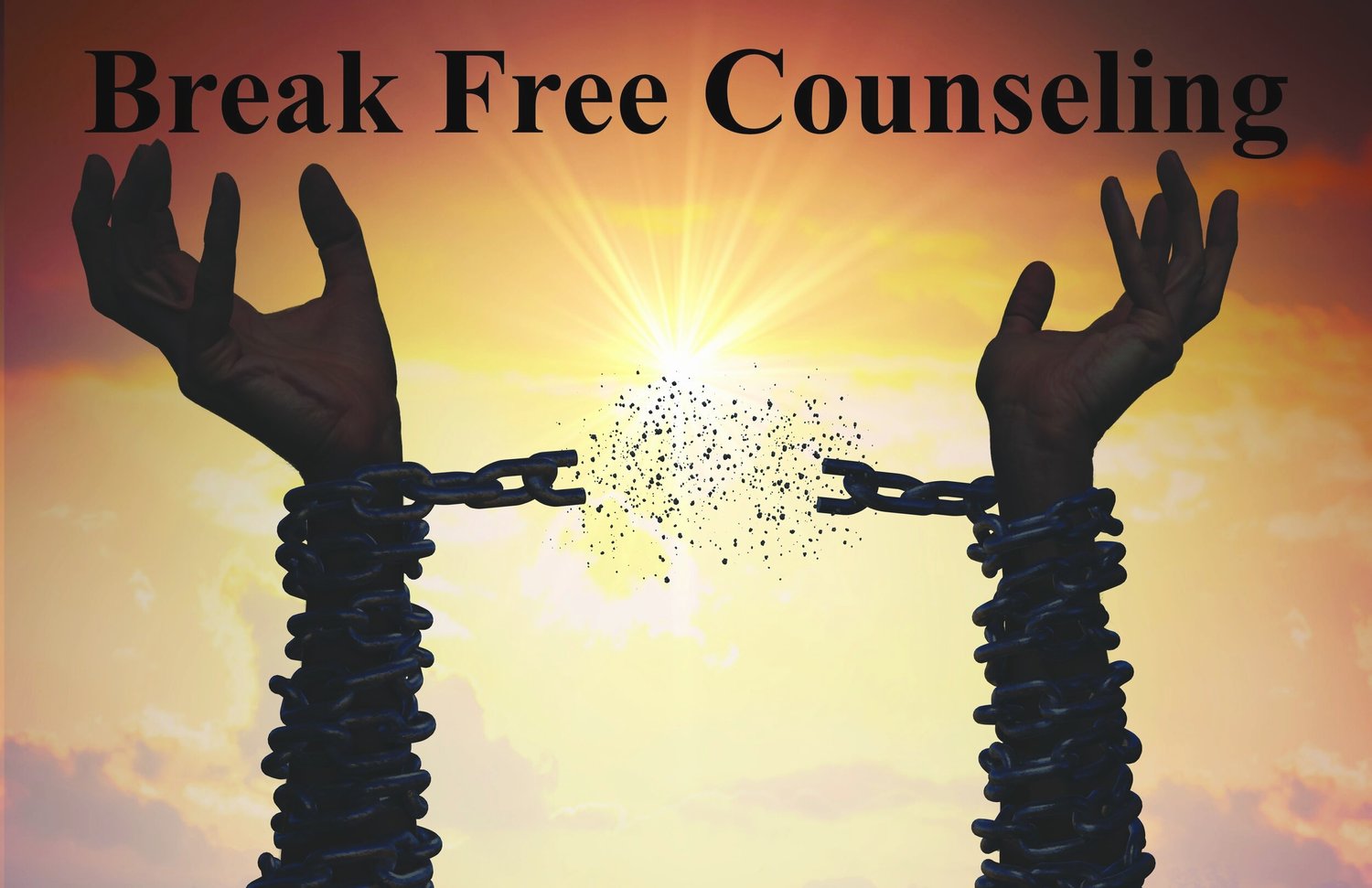Religious Trauma
When our religious environments become dogmatic, shame-filled, and/ or scary then the people that are part of those communities may suffer from trauma.
How does religious trauma develop?
Religious trauma may happen from many different experiences inside or outside a church environment. Messages that are persistently taught or the interactions that one has with the leader or people in authority. Religious trauma may also happen through family members or friends enforcing their beliefs onto you.
Here are a few examples that may be harmful for individuals with religious backgrounds or experiences:
Religious individuals utilizing fear of hell or punishment as a tactic for convincing others to behave a certain way.
Using scripture to humiliate or embarrass someone.
Not allowing others to think for themselves, question, or have different ideas.
The main motivation tactic is guilt, shame and fear to get their message across.
Experiencing physical, sexual and/or emotional abuse within the religious environment.
Have been performed an exorcism or the “driving out” of evil spirits.
Religious trauma symptoms may include some of the following:
Anxiety: people may experience anxiety about making mistakes and disappointing god, their religious leader, and/or other members of the religious community. This type of anxiety may also transfer into other areas of life.
Depression: Depression may happen for any number of reasons in an oppressive environment and the depressed feelings may worsen as someone is told they are “wrong”, “sick” or “influenced by demons.”
Paranoia: Individuals told they are being shadowed by “demons” or “evil spirits” may influence feelings of fear. Some individuals may feel they are being watched in their daily lives.
Lack of self-confidence and self-esteem: Individuals who are told they are bad and need changing might have a poor opinion about themselves and struggle to feel confident in their own abilities.
Other emotional symptoms may include: anger, grief, guilt, shame, fear, loneliness, and loss of meaning.
Social symptoms may include: loss of social network, family conflict, social awkwardness.
Intrusion symptoms may include: intrusive distressing thoughts, memories or dreams. Physiological reactions to reminders of the stressful event.
If you have experienced harm, you are not alone and there is hope, there are many others who have experienced the same feelings you are and have found healing.
I have no specific agenda for your own faith or beliefs. Except that I want to help you find a way forward that is meaningful, healthy, and in line with your own deepest values, meaning, and purpose for your life.

